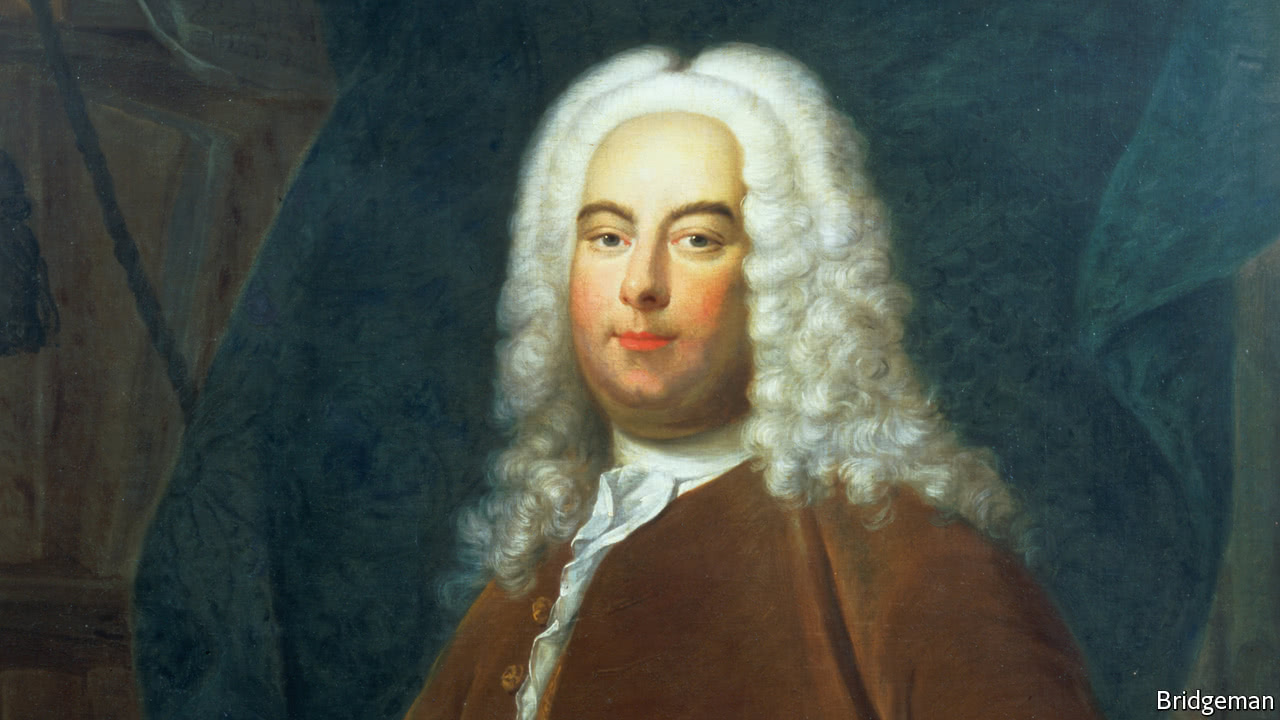So is performing any religious music outside places of worship

THE words of the chorus die away: “Quan Zhongguo de ernu yongyuan xiang taiping” (China’s children will always wish for peace). The members of the orchestra pack up their instruments—cello anddizi (Chinese flute), yangqin (dulcimer) and double bass, suona (reed horn) and xiaobo(cymbals). Beijing’s International Festival Chorus (IFC), a 60-strong group of Chinese and expatriate amateurs, finishes its final performance, a recording of a cantata by Xian Xinghai, who studied in Paris in the 1920s and was one of the first Chinese composers to be influenced by European classical music. The chorus has now disbanded. Xi Jinping, the president, has scored one more small, Pyrrhic victory over Western cultural influence.
Western choral music never had a mass following in China. But in Yunnan province in the south-west, choirs from an ethnic group called the Miao (also known as the Hmong) still sing Handel’s oratorio “Messiah”, which was taught to them generations ago by missionaries. In the years before the Olympic games in Beijing in 2008, the IFC used to sell out a large concert hall next to the Forbidden City with performances of the same work. The government noted this in its efforts to persuade Olympic officials that China was becoming cosmopolitan.
But, like “Messiah”, much Western choral music is of Christian origin. In 2008, with the Olympics over, the government in effect banned public performances of religious music. As is the way of things in China, there was no law or overt prohibition. But choirs found it harder to sell tickets or get licences for venues. With fewer performances, audiences dwindled, too. In Beijing the IFC soldiered on, giving “private” performances each Christmas. But its “Messiah” of December 2016 was its last.
The Communist Party used to be more tolerant. Jiang Zemin, then the party’s leader, is supposed to have played a recording of Mozart’s “Requiem” on hearing of the death of Deng Xiaoping in 1997. Mao Zedong gave Xian Xinghai, the composer, a pen to show his approval. But Mr Xi has a narrower view of what is acceptable. Last year he said the party must “resolutely guard against overseas infiltration via religious means”. Local authorities appear to have taken this as a signal to step up the assault on Bach and Verdi.
Defenders of Mr Xi argue that China can choose whatever it wants from the outside. And if it rejects religious music, that does not mean ignoring other Western forms. But religious works are the foundation of the Western choral tradition. By walling itself off, China will inflict a high cost on its music lovers.
Source: The Economist



